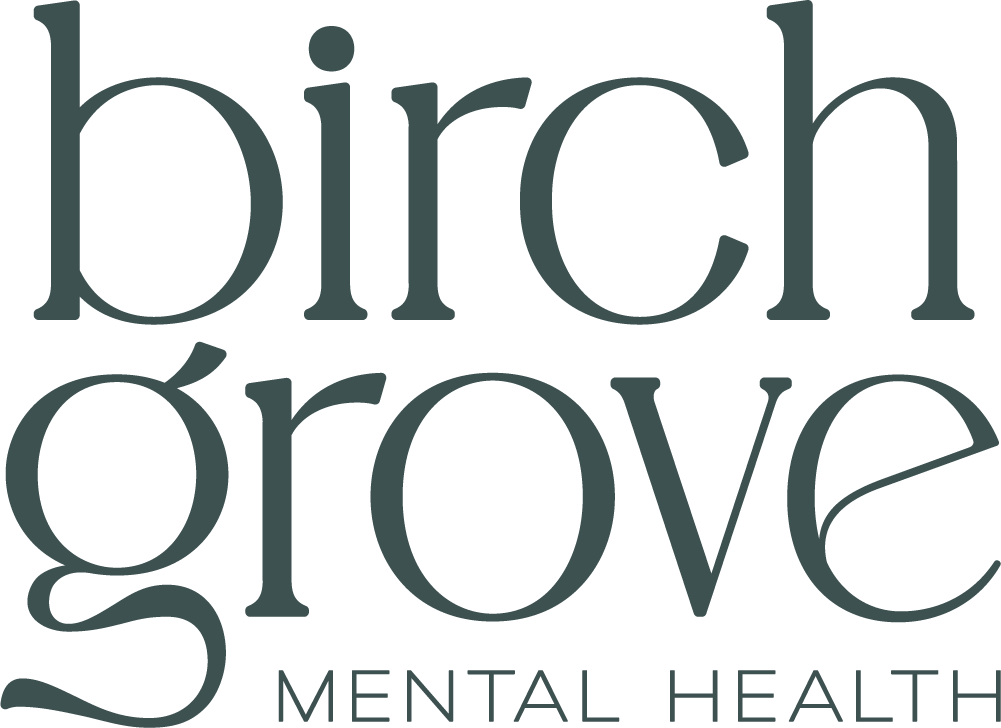Social media has become an integral part of daily life, shaping how people connect, communicate, and perceive the world. While it offers numerous benefits, such as staying connected with loved ones and accessing information quickly, it also has a significant impact on mental health. Researchers and mental health professionals have been increasingly exploring these effects, highlighting both the positive and negative consequences.
The Positive Aspects of Social Media
Social media can serve as a platform for support, self-expression, and awareness. Studies indicate that individuals struggling with mental health challenges often find solace in online communities, where they can share experiences and receive encouragement from others. Additionally, educational content on mental well-being and self-care strategies is readily available, promoting awareness and understanding.
The Negative Effects on Mental Health
Despite its benefits, excessive social media use has been linked to various mental health concerns. Key issues include:
-
Anxiety and Depression: Research from the National Institute of Mental Health (NIMH) suggests that prolonged exposure to social media can lead to increased feelings of anxiety and depression, often due to unrealistic comparisons and cyberbullying.
-
Sleep Disruptions: The blue light emitted by screens and the addictive nature of social media can interfere with sleep patterns, leading to insomnia and poor sleep quality.
-
Low Self-Esteem: Platforms that emphasize curated and idealized lifestyles can create unrealistic expectations, contributing to body image issues and decreased self-esteem, particularly among teenagers.
-
Addiction and Reduced Productivity: Studies published in the Journal of Behavioral Addictions highlight how excessive social media use can lead to compulsive behaviors, reducing overall productivity and increasing stress levels.
Strategies for Healthy Social Media Use
To mitigate the negative impact of social media, consider adopting the following practices:
-
Set Time Limits: Using built-in app timers or digital well-being tools can help control excessive use.
-
Curate Your Feed: Following accounts that promote positivity and well-being while unfollowing toxic content can enhance the online experience.
-
Engage in Offline Activities: Balancing social media use with offline hobbies, exercise, and face-to-face interactions fosters better mental health.
-
Seek Professional Help: If social media is significantly affecting mental well-being, consulting a mental health professional can provide guidance and support.
Conclusion
Social media is a powerful tool that, when used mindfully, can offer support and connection. However, it is essential to be aware of its potential pitfalls and take proactive steps to safeguard mental health. By fostering a balanced approach, individuals can enjoy the benefits of social media without compromising their well-being. If you are seeking professional help for guidance on mitigating social media visit Birch Grove Mental Health.
Reliable Sources
-
National Institute of Mental Health (NIMH) – www.nimh.nih.gov
-
Journal of Behavioral Addictions – www.akademiai.com
- American Psychological Association (APA) – www.apa.org

